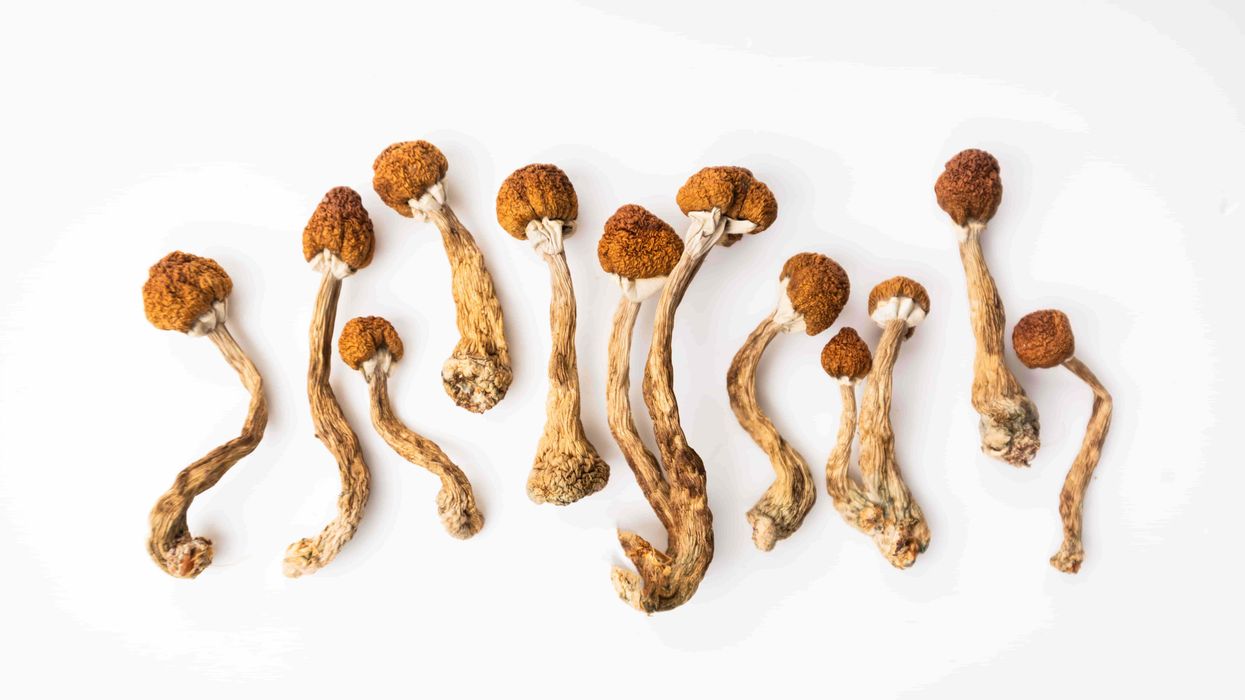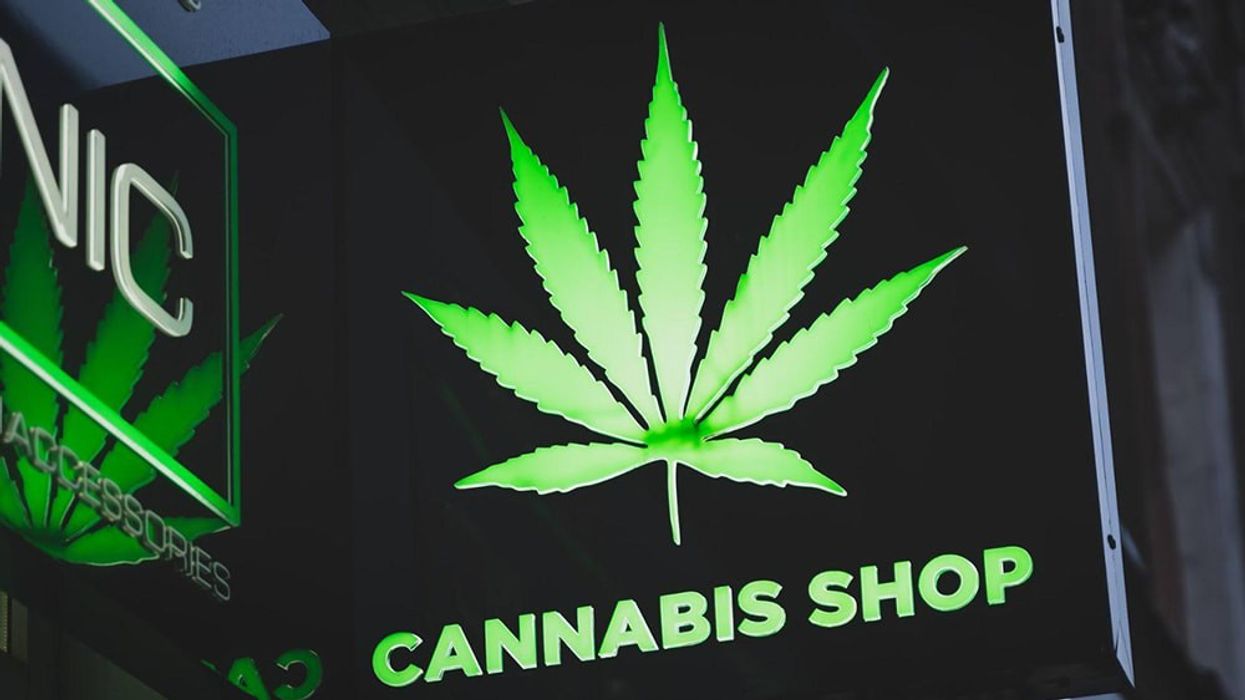The legal cannabis industry has been quick to shut out legacy operators at the regulatory level, making no moves to ensure these people have a rightful seat at the table they helped build.
Unified Legacy Operators Council (UNLOC) formed their coalition to finally put a stop to this, loudly advocating for the legacy market as New York State rolls out its cannabis market regulations.
This group of 25 members – a blend of rooted, knowledgeable legacy operators and passionate advocates – came together to ensure that New York looks out for the legacy industry in both its language and action, hopefully setting the stage for what federal legalization should look like down the line.
Legacy operators built the cannabis industry from the ground up, and rather than allowing them to be continuously ignored in what will be one of the most influential cannabis states in the nation and world, UNLOC has stepped in to help empower their transition into the legal market.
What is UNLOC?
Legacy operators should have first crack at contributing to the legal market, setting the standards for quality cannabis and forging new trends as the market progresses. Instead, they’re often forced to jump through hoops just to apply for a legal license, with things like financial reporting restrictions and background checks making it nearly impossible for them to clear the leap from legacy to legal.
This problematic pattern has created setbacks throughout the nation – most notably in California, where the state’s shutting out of the underground market has resulted in a major economic battle between legacy and legal.
“Although the MRTA doesn’t explicitly mention the word ‘legacy,’ there was always going to be an intentional focus on it because of what we learned from the California market. Their illicit industry is about eight times bigger than legal – it has shadowed and dwarfed it over time, and unless New York absorbs and brings the legacy market onboard in its regulations, we’ll be facing those same challenges down the line,” said UNLOC Board of Directors member Jesse Campoamor.
“That’s how we created UNLOC – because we want to figure out how we build onramps to the legal market, rather than moats around it for legacy operators to navigate. In order to do that, we knew we needed to bring a body of legacy operators from all over the state to be part of the conversation. That way, when the state was ready to have a dialogue, we’d have an organized body of individuals ready to inform.”
How UNLOC came together with legacy success in mind
Alongside other UNLOC board members and advisors, Campoamor went on an outreach effort, calling people from all over New York to find the big legacy players in each designated area and figure out whether or not they’d want to be part of the conversation.
Although some operators were initially hesitant to join the party, most were really excited to be included, and confident that the organization would be headed by people who genuinely have their best interests at heart.
“There’s been some major trust issues between the legacy market and regulators and corporate, and we knew these operators needed to feel comfortable with whoever was in charge,” said board member and Happy Munkey co-founder Vlad Bautista.
“On the other hand, government and corporate might not feel that comfortable speaking to legacy, because of the cultural language barrier that exists. However, this industry is estimated to have been a $5 billion per year industry before legalization, so there’s no doubt that people like myself and others in legacy have the business acumen to run a $5 billion industry and know what they’re doing.”
UNLOC will focus on tackling entry barriers for legacy operators
"The first step in getting justice for any community is making itself and its needs known, so it’s great to see New York’s legacy operators getting ahead of the curve – before regulations are implemented, instead of afterwards," said Steve DeAngelo, who serves as an advisor to the project.
Indeed, the need for social justice and equity within the legacy cannabis market has often been approached as a charity case: a.k.a., something that needs to happen in order to clear the consciences of white-collar operators who are swooping in and banking on the industry that was built for them decades ago, albeit underground.
“What UNLOC hopes to reveal in New York – and reverberate around the world – is that these [legacy operators] will add value to any brand or business they’re part of. They have the ability to penetrate and touch the consumer base that these MSOs can only dream of,” Campoamor said.
“MSOs don’t know how to go after the connoisseur consumer. That’s who these legacy guys have been serving for 30-plus years. Legacy operators will help increase the bottom line for the legal market.”
The main focus for UNLOC is to remove the barriers to entry for legacy operators, guiding them to sufficient resources on compliance, regulation, PR, HR, and other aspects of legal business that might be foreign to someone from the legacy industry.
“We felt like this was the only way to keep everyone honest: having a neutral party with everyone’s best interest in mind. We just want to make sure we don’t have a Cali prohibition 2.0 where people are being arrested for doing the exact same thing that people make billions per year doing now,” Bautista said.
“From someone coming from legacy, I had five years of master classes with Happy Munkey on compliance and regulation that I was fortunate enough to take advantage of. But I also saw how hard it was, and people taking financial advantage of those trying to transition. I want us to eliminate as many of those barriers as possible, give people access, and make sure they have a voice to bring their collective knowledge of legacy market cannabis to the forefront.”
Need a little more Bluntness in your life? Subscribe for our newsletter to stay in the loop.
















